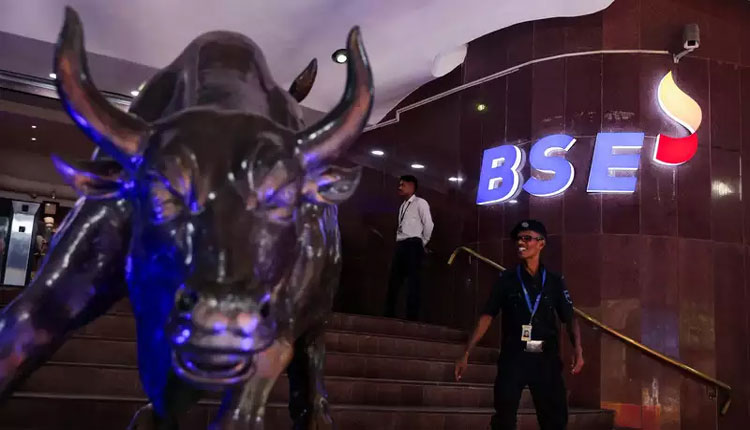Mumbai: The Indian stock market opened sharply lower on Thursday, October 3, as expected, in reaction to Iran’s missile attack on Israel earlier in the week. Following a holiday break on Wednesday for Mahatma Gandhi’s birth anniversary, both the BSE Sensex and NSE Nifty responded to the geopolitical tensions in the Middle East.
At the opening bell, the BSE Sensex plunged nearly 1%, opening at 83,002.09 points and quickly dropping around 850 points. However, by 9:30 AM, the market began to recover, limiting the decline to around 550 points. In the pre-open market, the Sensex had seen a more dramatic drop of 1,264.2 points.
Similarly, the NSE Nifty mirrored this pattern, initially falling 345.3 points to 25,452.85 points before stabilising, with the decline easing to around 200 points. In the pre-open market, Nifty also experienced a fall of over 1%.
Despite signs of recovery, the initial sharp decline resulted in an approximate loss of ₹6 lakh crore for investors. The total market capitalisation of all BSE-listed companies dropped by ₹5.63 lakh crore to ₹4.69 lakh crore shortly after the markets opened on Thursday.
While Indian markets struggled with the impact of the Iran-Israel conflict, international markets displayed more resilience. On October 2, Japan’s Nikkei 225 Index showed a rise of 2%, and the US S&P 500 Index gained 0.79%. The Dow Jones Industrial Average also rose by 39.55 points, and Nasdaq, a major index for IT companies, gained 14 points. Meanwhile, China’s CSI 300 Index saw an increase of 314 points, with the Shanghai Composite Index also recording a gain of 249 points. The only significant international drop was seen in Hong Kong’s Hang Seng Index, which fell by 700 points.
The geopolitical tension, particularly in the Middle East, continues to influence global markets, but the international response has been mixed, with several major indices showing resilience.



Comments are closed.